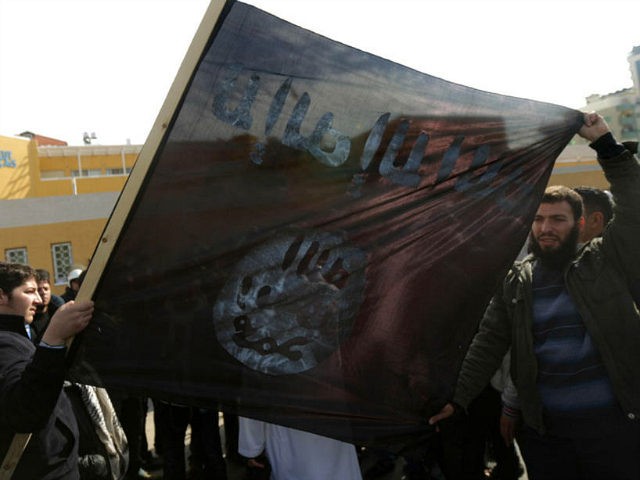The U.S. Department of State officially designated three jihadists linked to al-Qaeda as global terrorists, a move intended to isolate the organization and bar the militants from using America’s financial system.
The State Department identified two of the terrorists as members of al-Qaeda branches in Africa, al-Shabaab in the eastern part of the continent and al-Qaeda in the Islamic Maghreb (AQIM) in the north.
The State Department linked the third individual to the Yemen-based al-Qaeda in the Arabian Peninsula (AQAP), considered by U.S. officials to be one of the terrorist group’s most dangerous wings.
In a press release, State noted:
The Department of State has designated Muhammad al-Ghazali, Abukar Ali Adan, and Wanas al-Faqih as Specially Designated Global Terrorists (SDGTs) … These designations impose strict sanctions on foreign persons determined to have committed, or pose a significant risk of committing, acts of terrorism that threaten the security of U.S. nationals or the national security, foreign policy, or economy of the United States.
Among the consequences of these designations, all of their property and interests in property subject to U.S. jurisdiction are blocked, and U.S. persons are generally prohibited from engaging in any transactions with them.
Although U.S. President Donald Trump’s administration has intensified America’s military offensive against AQAP, the group remains “one of the deadliest and most sophisticated” organizations on the globe, reported the New York Times (NYT).
Under the Trump, the U.S. military “tripled the number of airstrikes” against AQAP, pointed out the Times, further explaining: Since Feb. 28, as part of President Trump’s intensified campaign against terrorists, the United States has conducted nearly 130 airstrikes in Yemen — mostly against Qaeda militants with about 10 against Islamic State fighters, according to the Pentagon’s Central Command. That is up from 38 strikes in 2016.
Meanwhile, American troops launched an unprecedented 35 counterterrorism strikes in Somalia last year, exceeding the combined number of bombs dropped during all previous years combined since the campaign began in 2007.
“The rise can be partly explained by loosened restrictions. In Mar. 2017, President Trump signed off on greater authorities in Somalia based on heightened threat assessments from the Departments of Defense and State,” noted the Long War Journal, a component of the Foundation for the Defense of Democracies (FDD) think-tank.
Last month, FDD deemed the North Africa-based AQIM, al-Qaeda’s “wealthiest” branch, noting that the group likely generates tens of millions of dollars annually through drug trafficking linked to violent Latin American cartels like the leftist terrorist group Revolutionary Armed Forces of Colombia (FARC) and other criminal activities.
The U.S. military and United Nations have confirmed that AQIM is working with Latin American drug cartels, a relationship that the American armed forces believe poses a national security threat.

COMMENTS
Please let us know if you're having issues with commenting.